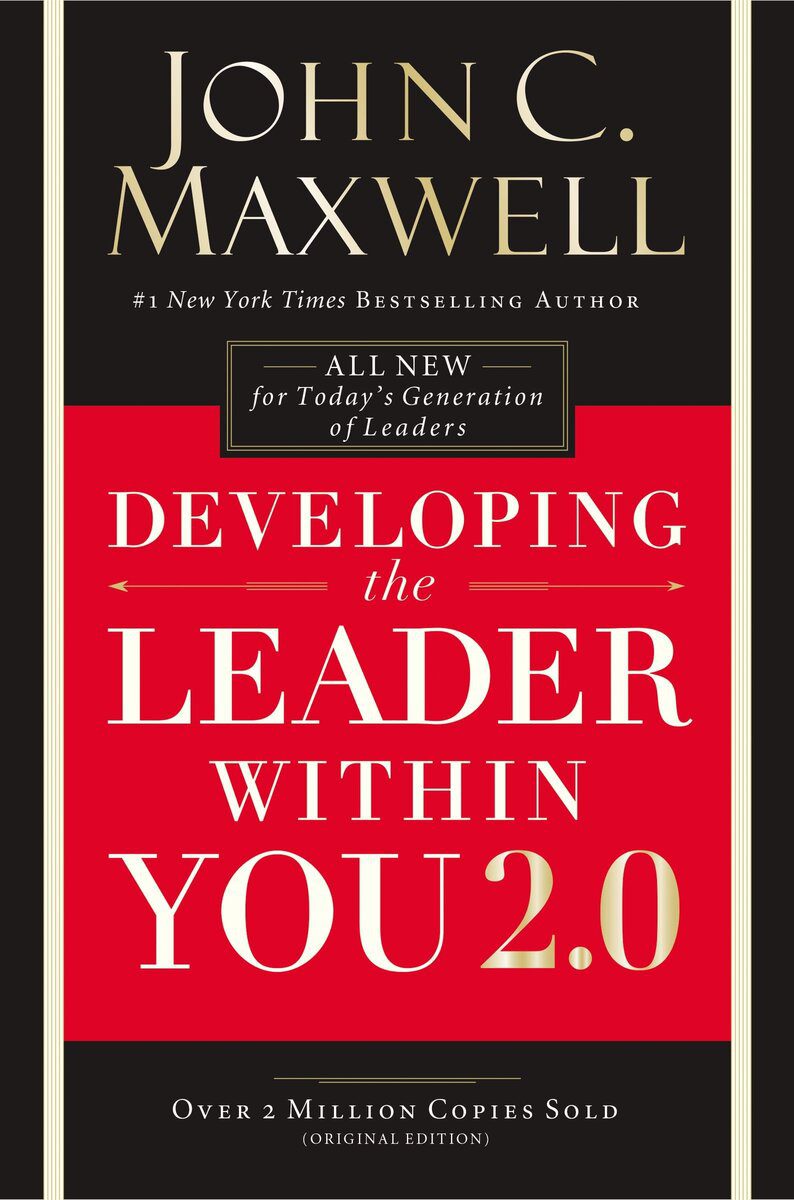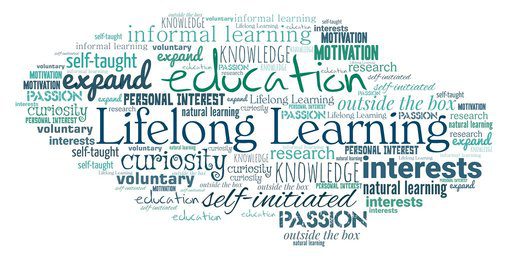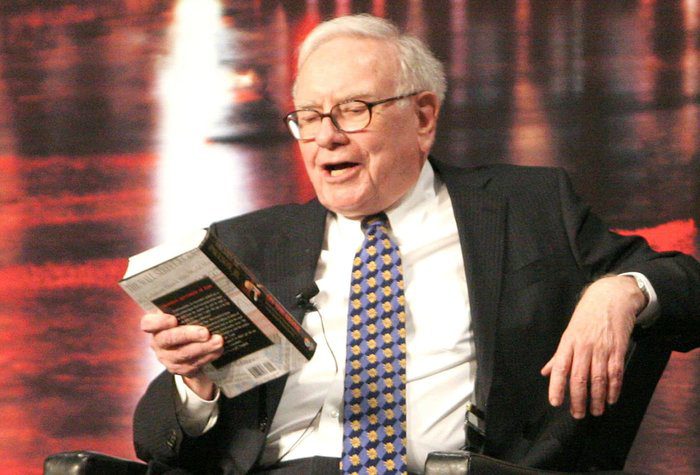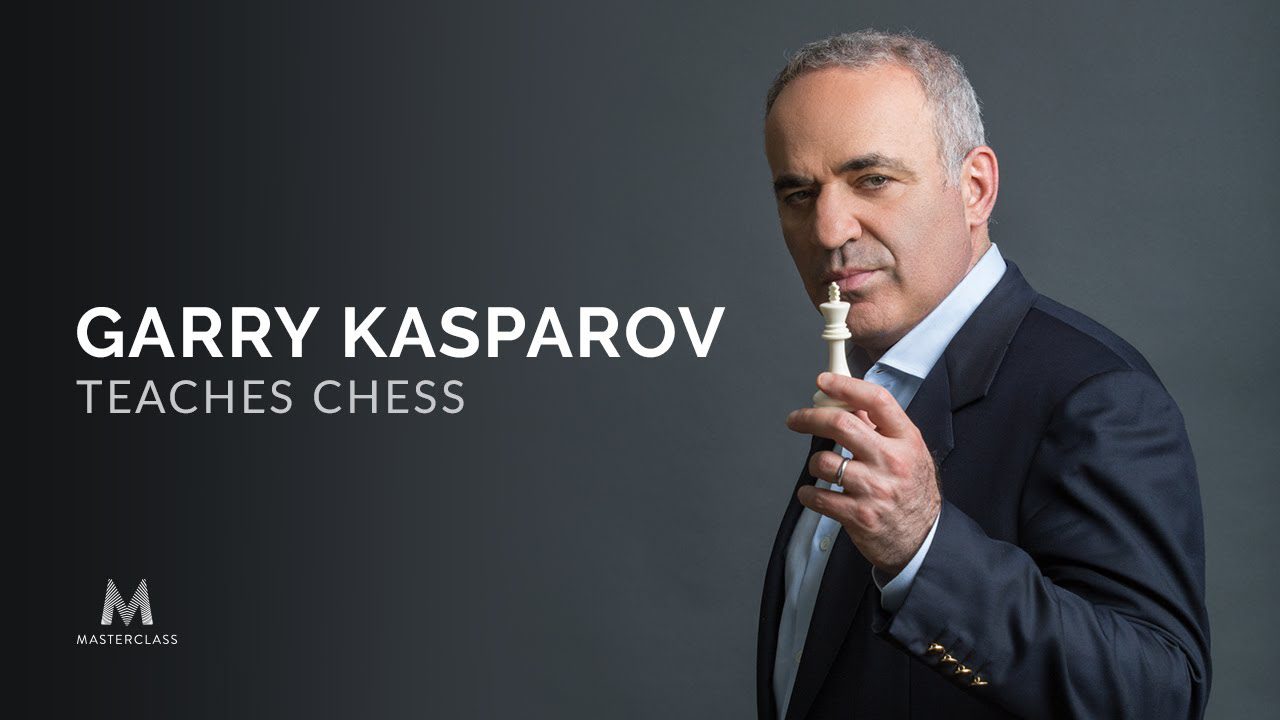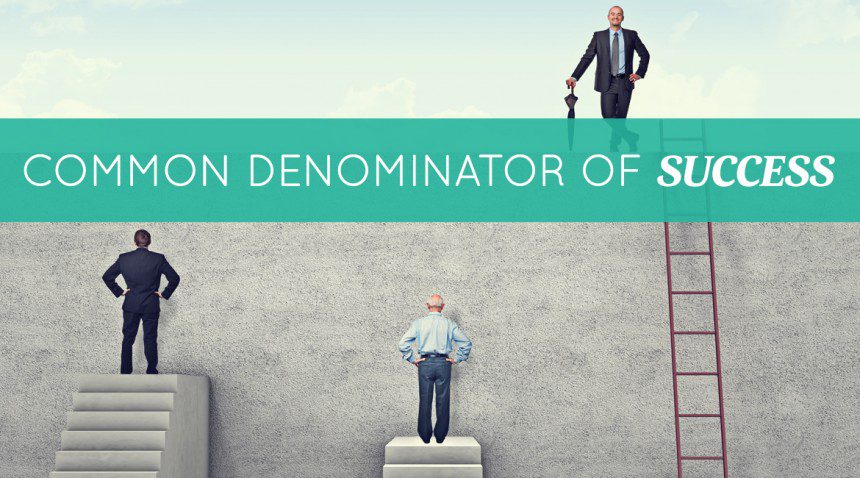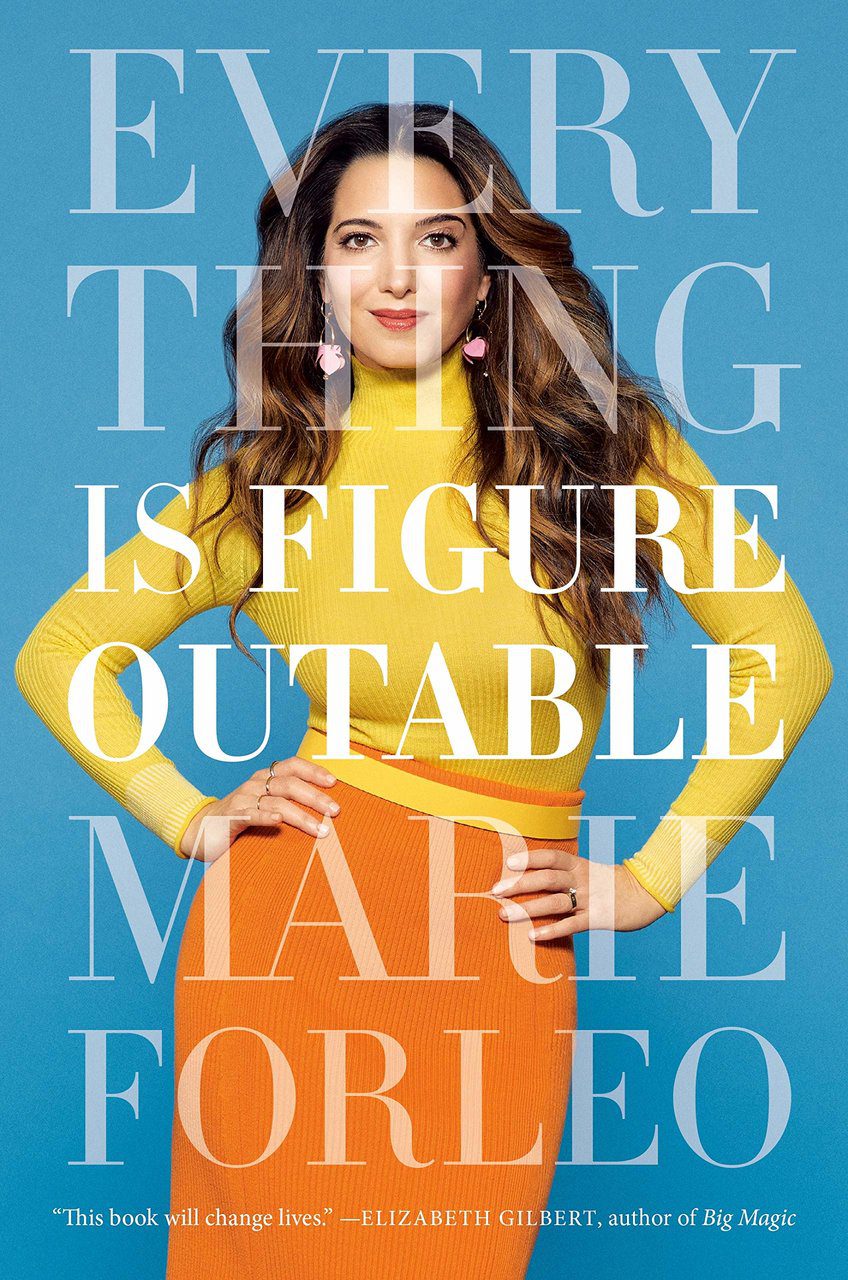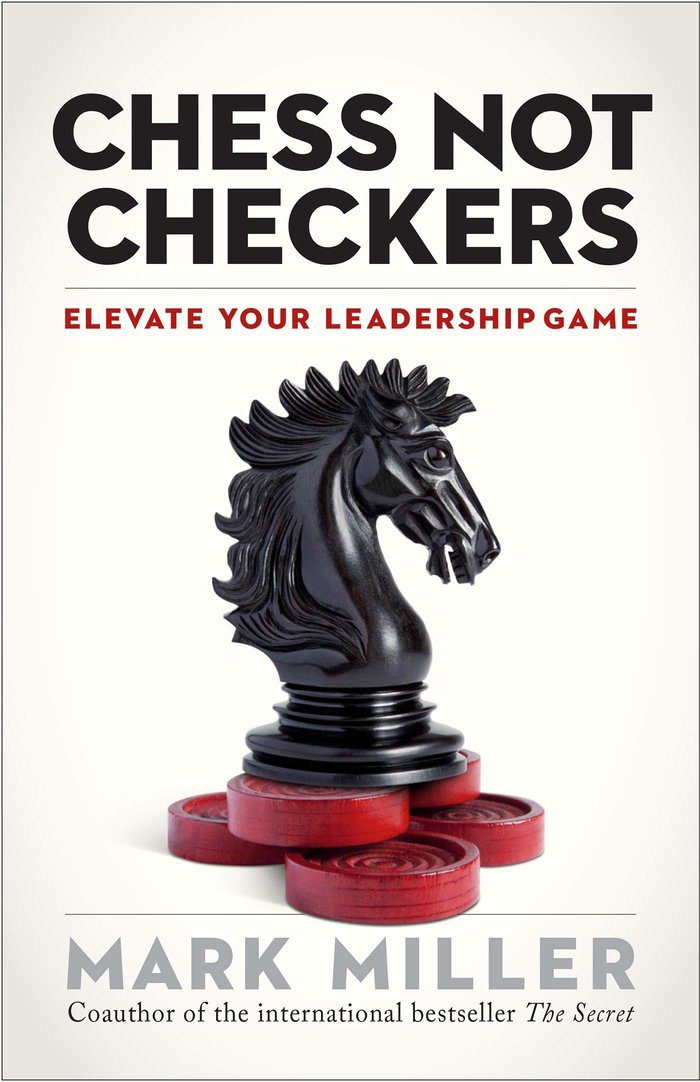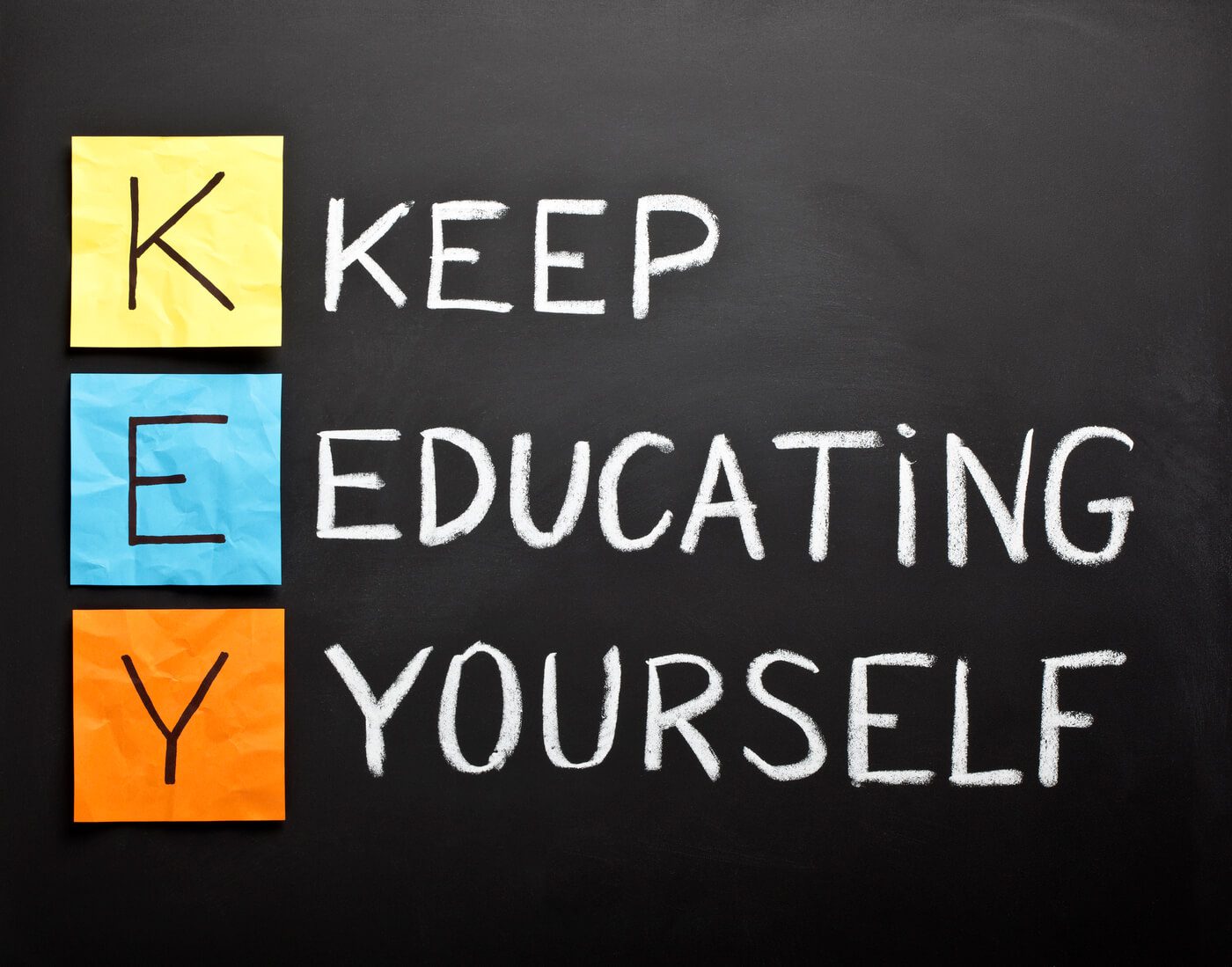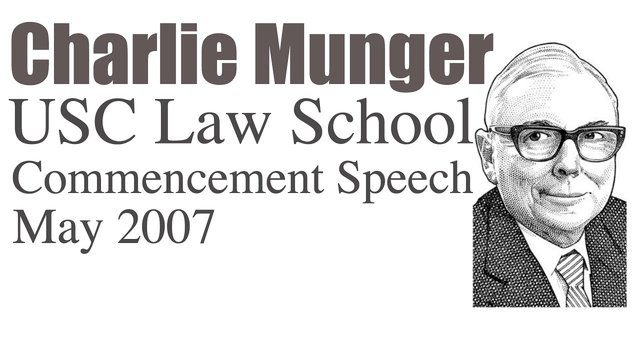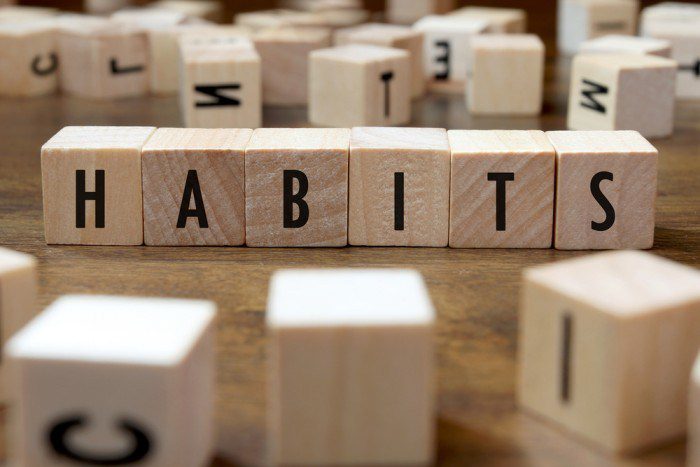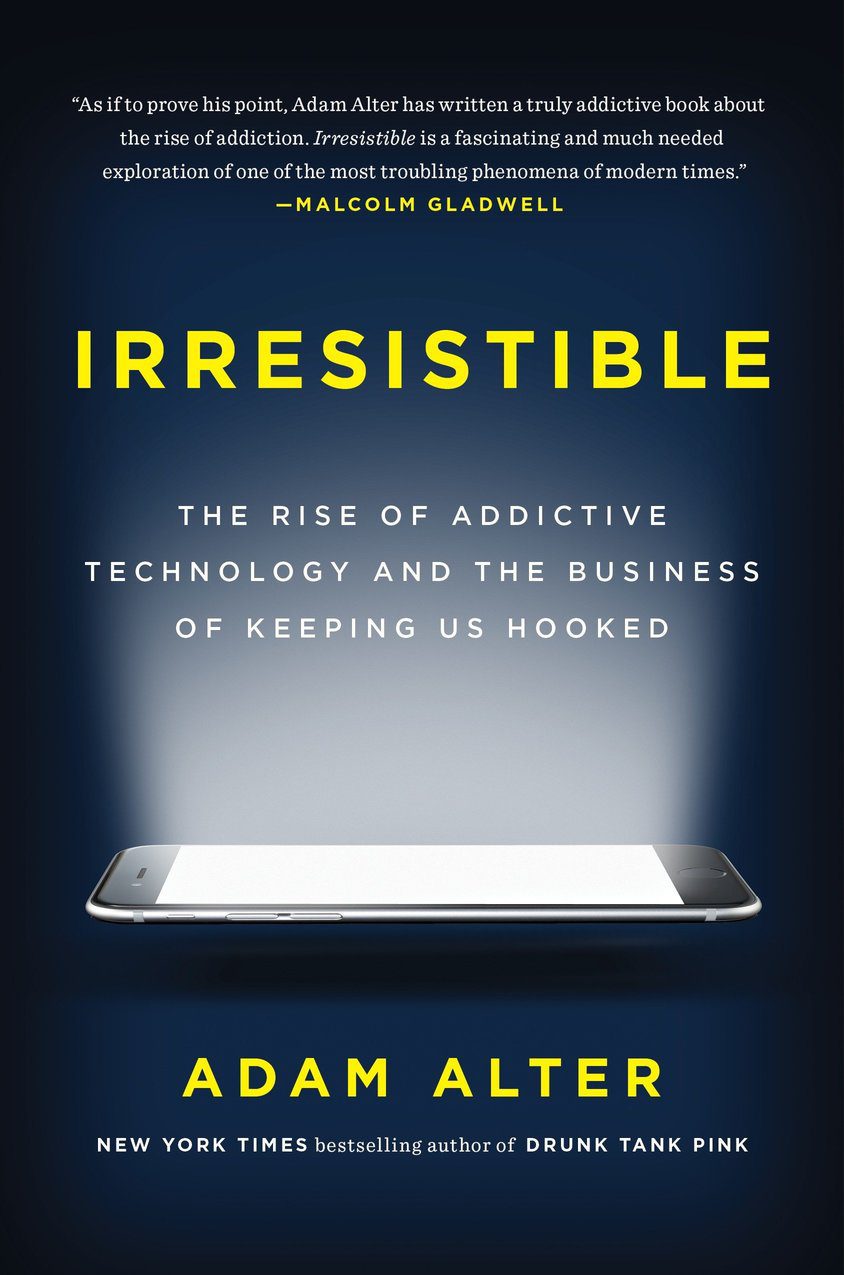Leadership is like maturity. It doesn’t automatically come with age. Sometimes age comes alone.
Print | Kindle (eBook) | Audiobook
John C. Maxwell is my favorite Leadership Author and I like reading his books because they are always well researched, with very good stories, anecdotes, and book references that would make you want to explore the topic further. In Developing the Leader Within You 2.0, John outlines principles for inspiring, motivating, and influencing others from any type of leadership position.
Everything rises and falls on leadership. The world becomes a better place when people become better leaders. Developing yourself to become the leader you have the potential to be will change everything for you.
Success leads to the greatest failure, which is pride. Failure leads to the greatest success, which is humility and learning.
In order to fulfill yourself, you have to forget yourself. In order to find yourself, you have to lose yourself.…That may lead to failure, but it will eventually lead to genuine success. – David Brook
Here are my favorite takeaways from reading Developing the Leader Within You 2.0 by John C. Maxwell:
